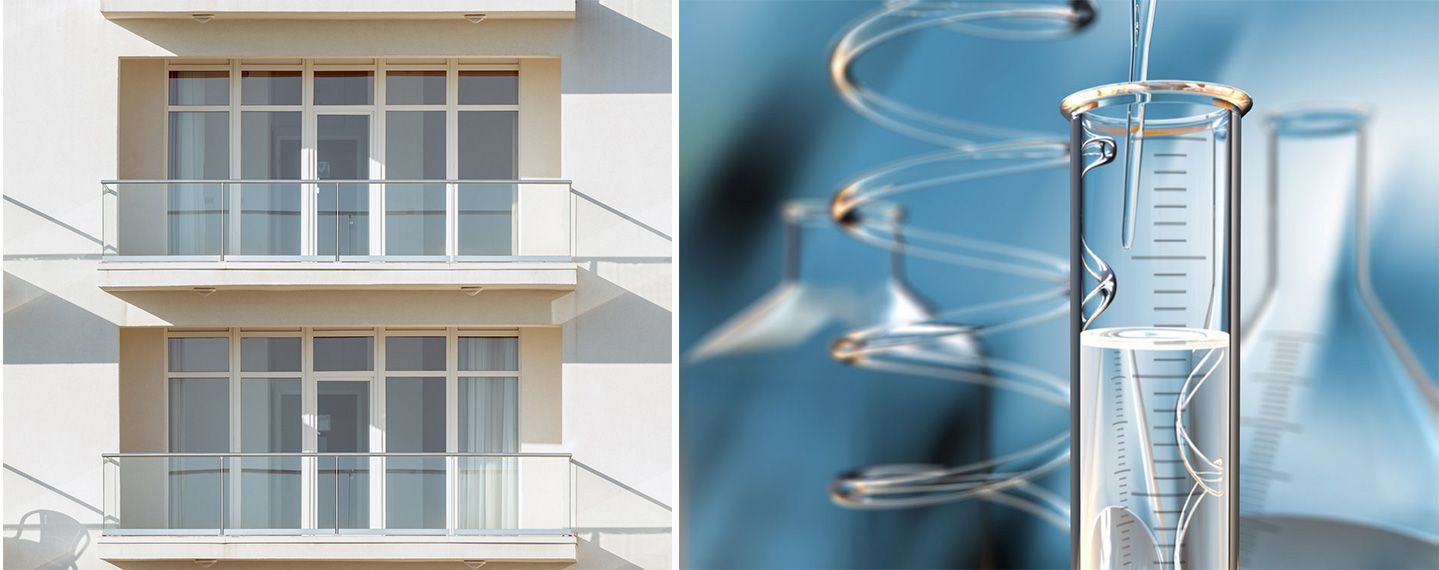What is polyvinyl alcohol used for?
Polyvinyl alcohol (PVA) is a synthetic polymer that finds a wide range of applications in various industries due to its unique properties. With its versatile characteristics, PVA has become an essential material in numerous products and processes. This article will explore the diverse uses of polyvinyl alcohol, covering its applications in adhesives, textiles, paper coatings, detergent packaging, films and sheets, personal care products, medical applications, and mold release agents.
One of the primary applications of PVA is in adhesives and binders. Due to its excellent adhesive properties, PVA is used in industries such as packaging, woodworking, bookbinding, and paper manufacturing. PVA adhesives provide strong bonding, making them suitable for joining paper and cardboard, laminating wood products, and assembling various materials.

In the textile industry, PVA is employed as a sizing agent. Sizing refers to the process of applying a protective layer to the yarn or fabric to improve its weaving efficiency and strength. PVA-based sizing agents reduce yarn breakage, enhance fabric quality, and contribute to smoother and more efficient weaving processes.
PVA is extensively used in the production of paper coatings. As a coating material, it improves the surface properties of paper and paperboard, including smoothness, gloss, and ink absorption. Coated paper provides excellent printability, enhances the visual appeal of packaging materials, and improves the overall quality of printed products.
Another notable application of PVA is in the field of detergent packaging. Water-soluble packaging films made of PVA are employed in the manufacturing of single-use detergent pods or laundry capsules. These films dissolve in water, releasing the detergent without the need for manual unwrapping, thereby providing convenience and reducing waste.
PVA is widely utilized in the production of films and sheets for various purposes. Its water solubility makes it suitable for applications such as water-soluble packaging films, agricultural films, and release films. Additionally, PVA can be used as a component in composite materials, adding strength and stability.
The personal care industry also benefits from the properties of PVA. It is employed as a thickening agent in the formulation of shampoos, conditioners, hair sprays, and other personal care products. PVA's ability to provide viscosity and stability contributes to the desired texture and performance of these products.
PVA finds applications in the medical field as well. Its biocompatibility, water solubility, and optical properties make it suitable for various medical products. For instance, PVA is used in the production of surgical gloves, contact lenses, and artificial tears. The material's compatibility with the human body ensures safety and comfort in these applications.
Furthermore, PVA serves as a mold release agent in various casting processes. By applying a PVA solution to the mold surface, it prevents the adhesion of the casting material, allowing for easy removal. This property is beneficial in resin casting, concrete molding, and other manufacturing processes that involve the use of molds.Click here to learn more!
In conclusion, polyvinyl alcohol (PVA) is an incredibly versatile synthetic polymer with a wide range of applications across numerous industries. Its applications in adhesives, textiles, paper coatings, detergent packaging, films and sheets, personal care products, medical applications, and mold release agents highlight its diverse utility. PVA's unique properties, including its adhesive strength, water solubility, biocompatibility, and optical characteristics, contribute to its indispensability in various manufacturing processes and end products. With its continued use and further research and development, polyvinyl alcohol is likely to find even more applications in the future, contributing to advancements in numerous industries.
539
0
0


Comments
All Comments (0)